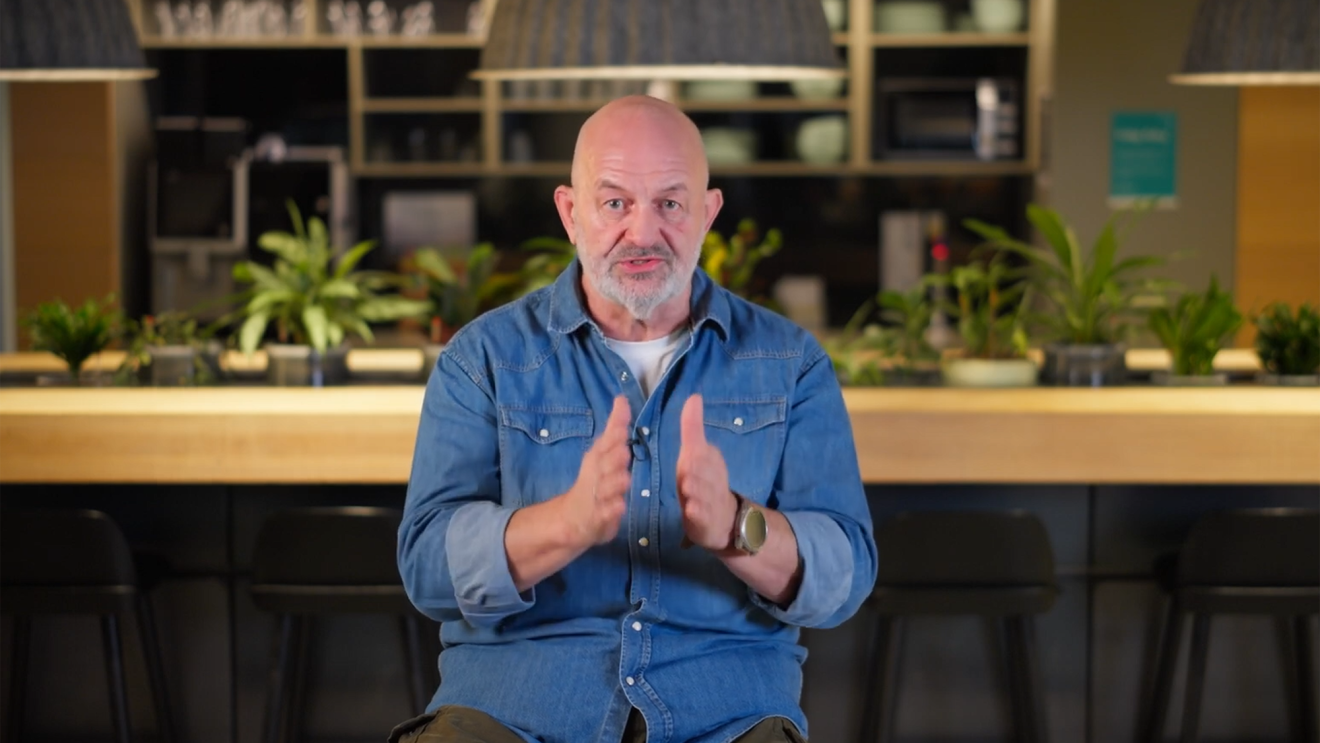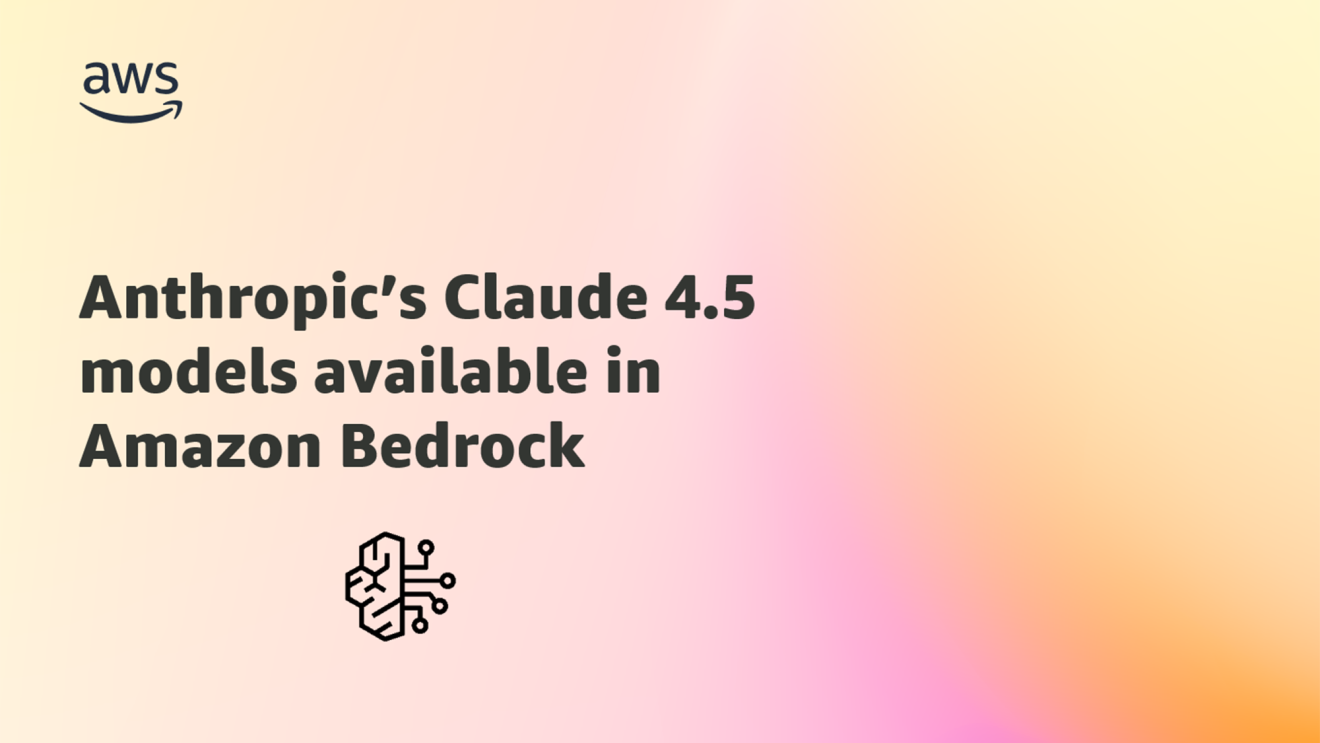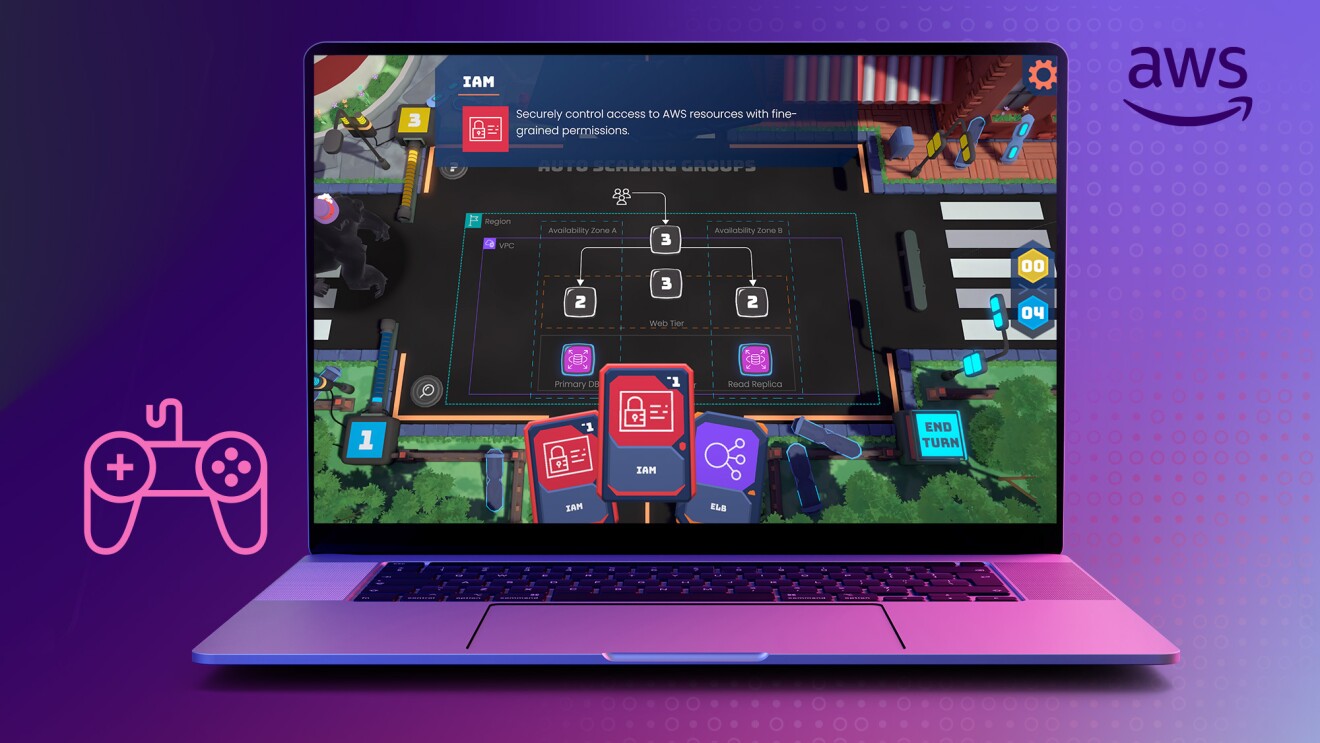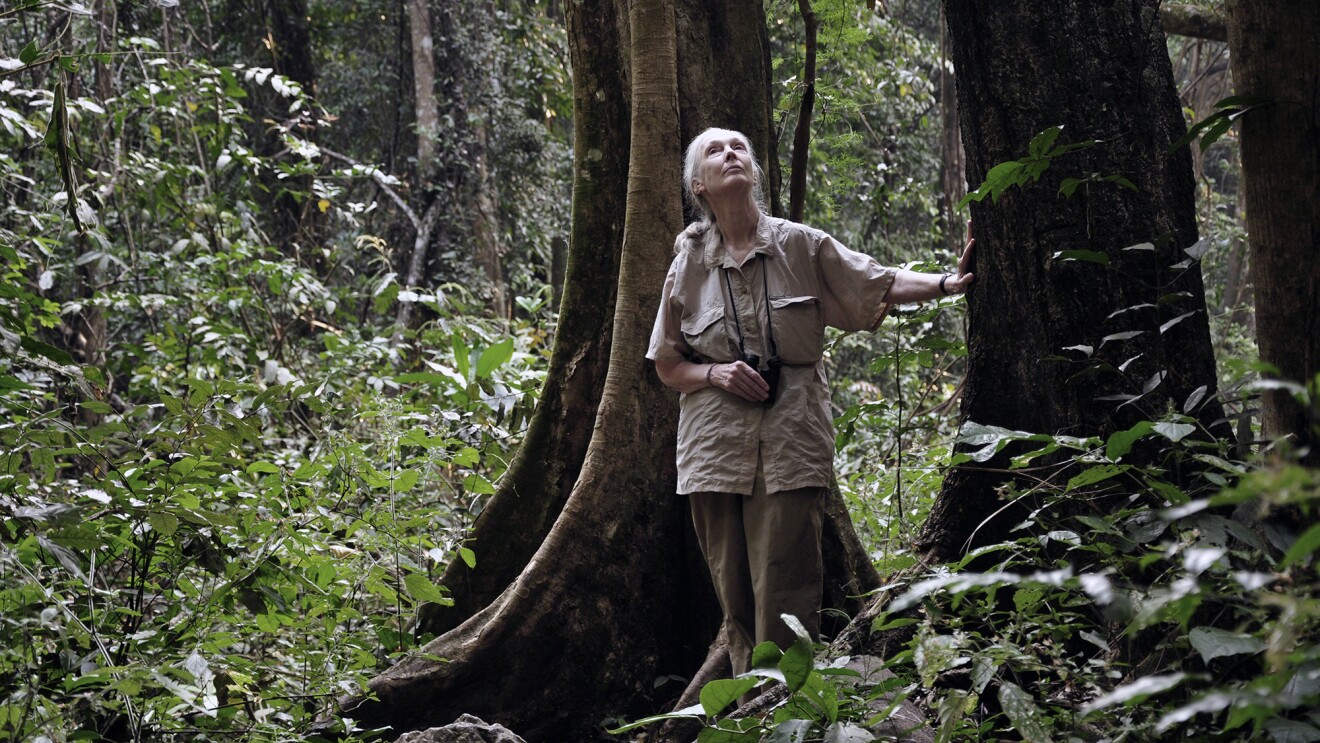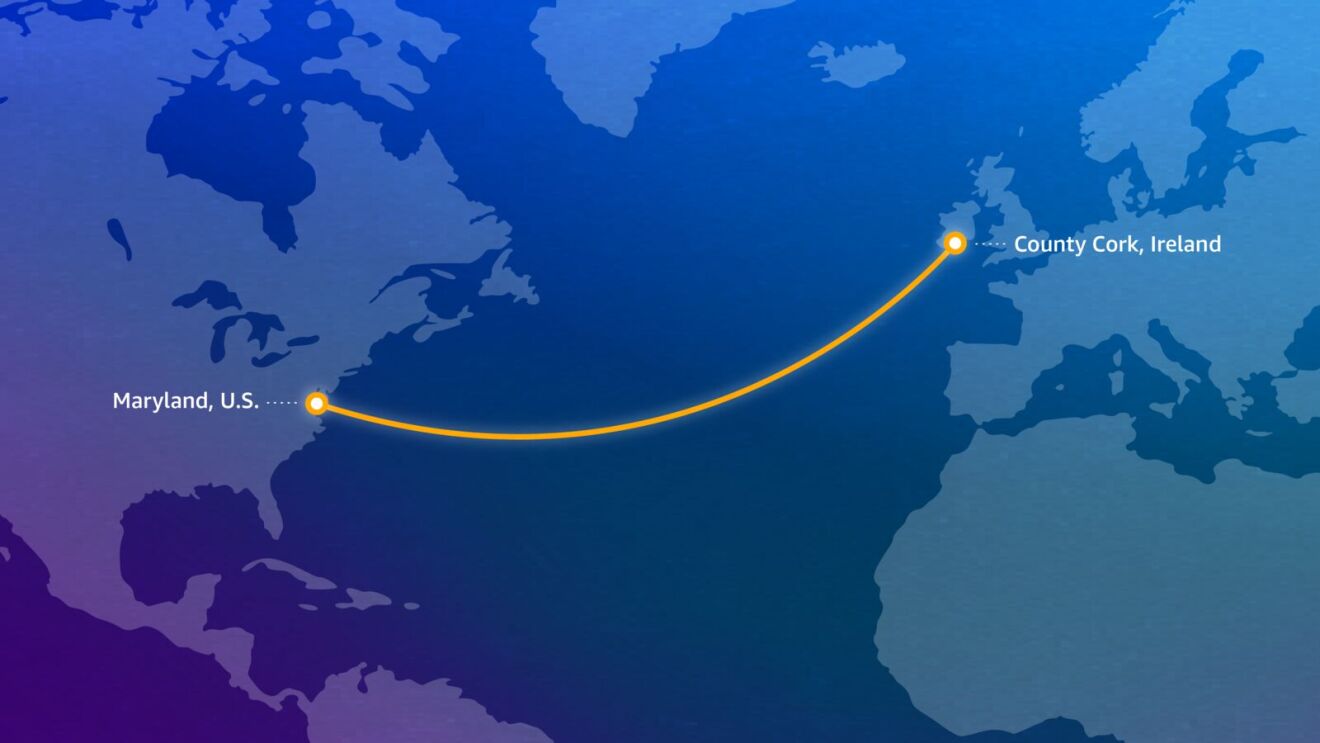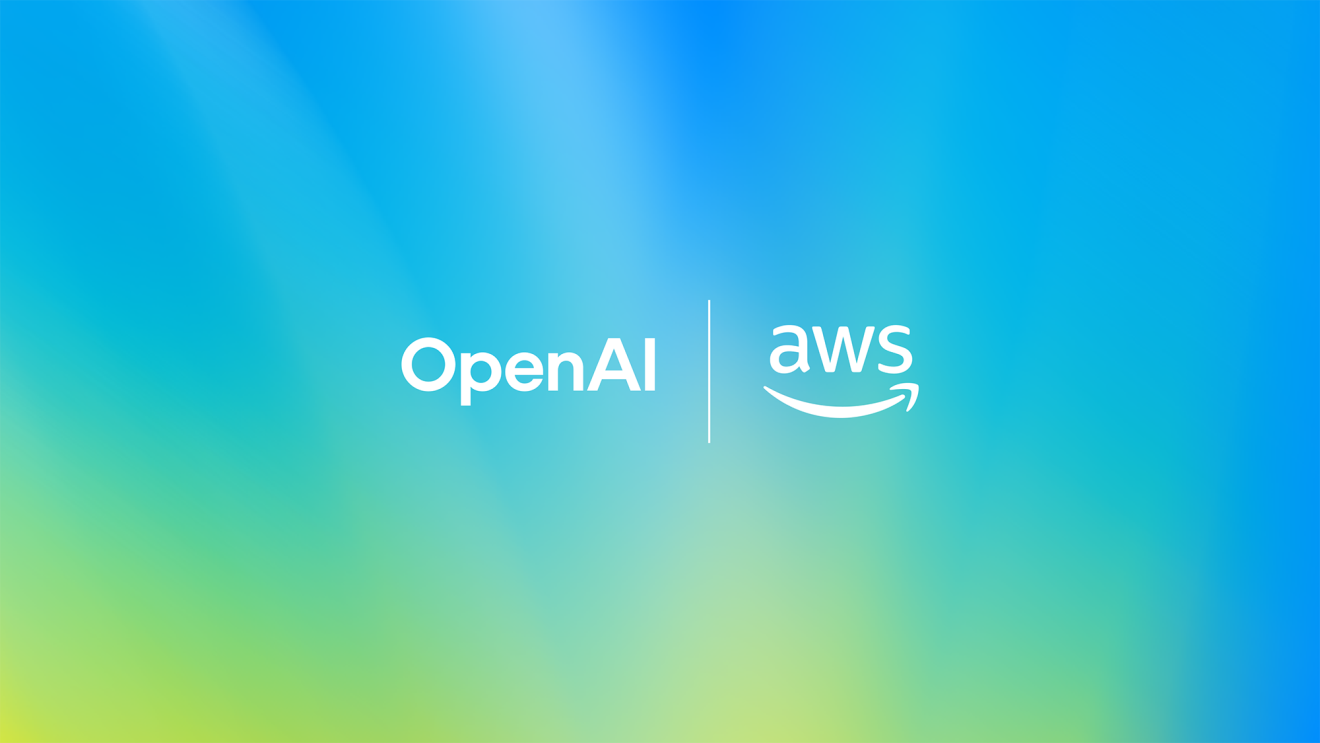Over the last 18 months, Terraformation, a global forest restoration startup, has launched 13 reforestation projects across 10 countries. The Hawaii-based company has launched projects from Armenia to Ghana and Ecuador to India. Granular data will become one of the most powerful tools in bringing back forests and reducing carbon where logging, farming, and property development have cleared out trees and vegetation. Terraformation and its partners have planted more than 350,000 new plants and trees. It has scheduled the planting of another 1.6 million over the next few years.
Terraformation analyzes, banks, and replants seeds and seedlings spanning the full range of floral species in a particular area of forest. As the new forests take root, further analysis builds a complete picture of what species, and at what concentrations, create the most vigorous and longest lasting mixtures of greenery. To regrow plants, Terraformation uses a variety of different AWS Cloud computing tools, including Amazon Elastic Compute Cloud (Amazon EC2) and AWS Secrets Manager.
"We want to be able to accurately capture and track projects around the world at every stage—from collecting seeds to planting to measuring trees for carbon," said Dr. Marian Chau, head of Terraformation's seed banking efforts. "Initially, this will give us a quantifiable understanding of our progress in reforestation—how much we've really planted globally, how much of that has survived, and how biodiverse our new forests are. Later, we can translate that data into insights that can make forestry projects more successful."
One big area of focus will be optimizing supply chains to monitor the progress and gaps in the reforestation process, including identifying and collecting seeds, storing those seeds safely, and growing seedlings to get ready for planting. Knowing which seeds are most likely to produce viable seedlings or what specific species to plant in a particular area makes a forest more resilient, Chau said. Having continuous updates about each step in the growth plan ensures each geographic area has enough plant species ready to plant at the right time. More, and more timely, data is the key. Terraformation's biggest challenge is figuring out how to capture detailed, verifiable information in a way that is sustainable and can be done in areas where there is limited access to technology and internet connectivity.
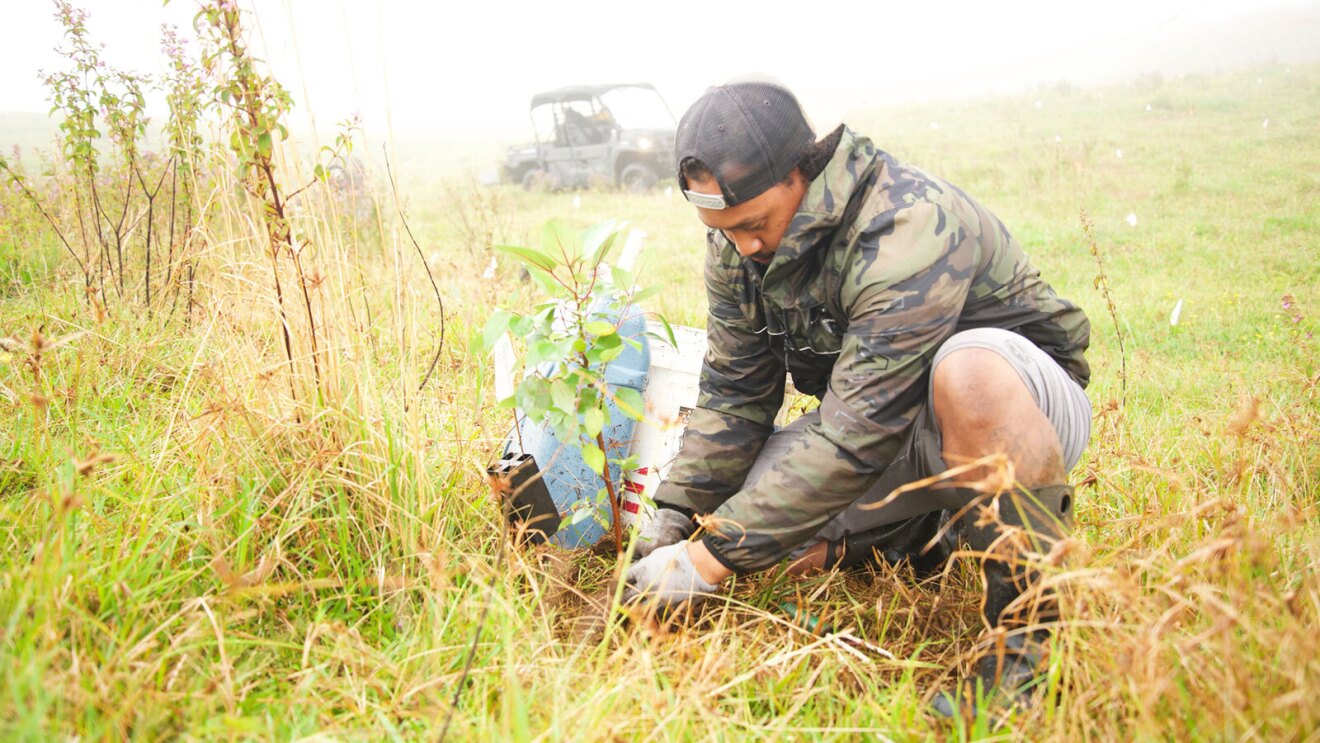
Much of Terraformation's work happens away from a computer. Seeds are picked using clippers or telescoping poles, and stored in light mesh bags so they don't rot. The seeds are often assessed in the field by cutting them in half with a pocket knife. Once inside, the seeds are kept in climate-controlled environments and monitored by sensors that send data to the cloud capturing not only the temperature and humidity, but the seed's health. Terraformation has developed a mobile application for documenting each phase from forest to greenhouse and back again. Chau said the company receives guidance from local residents regarding best practices.
"We love working with partners in Indigenous communities who apply local expertise and traditional knowledge on how to collect and store seeds, while integrating more modern technology, including things like sensors, to scale up their work,” she said.
Recently, Terraformation launched an accelerator for scaling reforestation projects, the Seed to Carbon Forest Accelerator. The company is recruiting its first cohort of forestry teams now, and applications close November 27. The program will offer early-stage funding and training to help participants carry out large reforestation projects. Cohort funders, including corporations with net-zero goals, will receive a portion of the carbon credits these teams produce.
To learn more, you can watch an episode of Now Go Build, in which Amazon's Vice President and Chief Technology Officer Dr. Werner Vogels visits Terraformation and learns how its goal of planting 1 trillion trees is made possible with the help of solar-powered desalination, seed banking, and cloud-based technologies.
Trending news and stories




